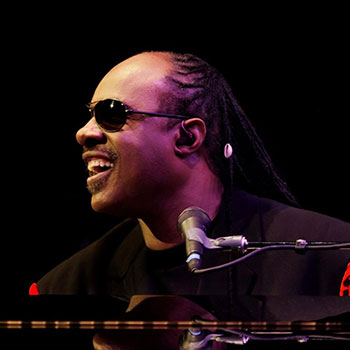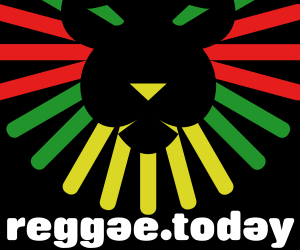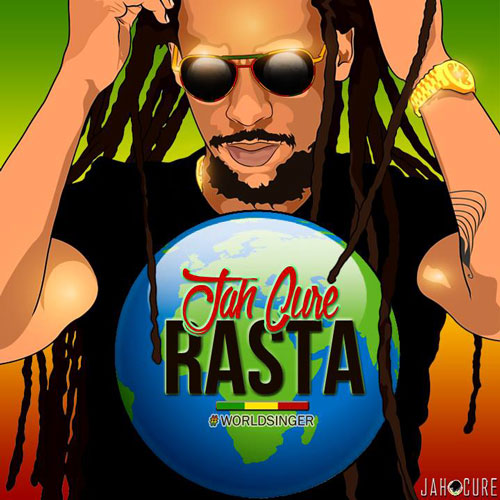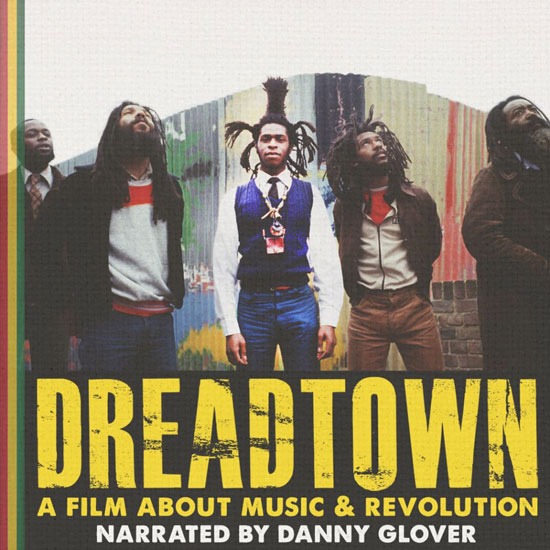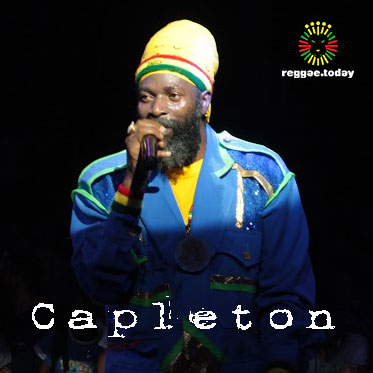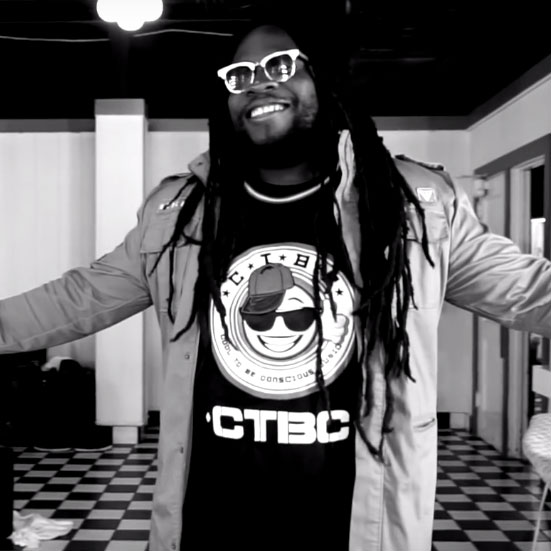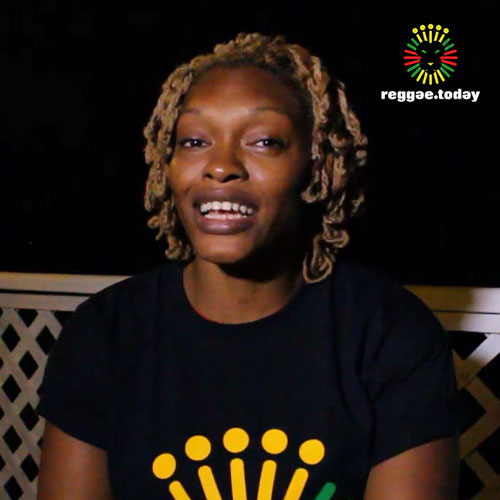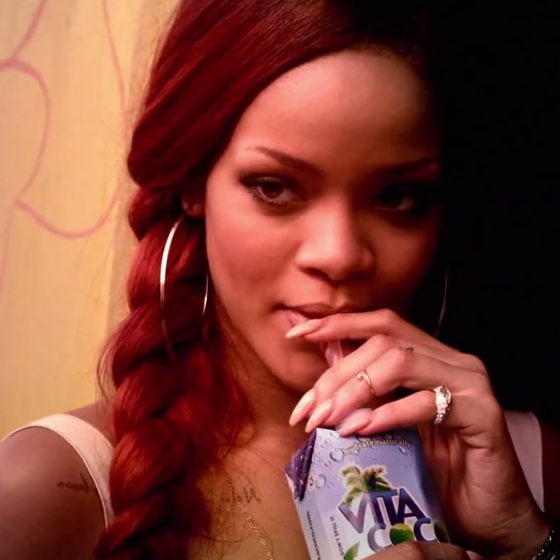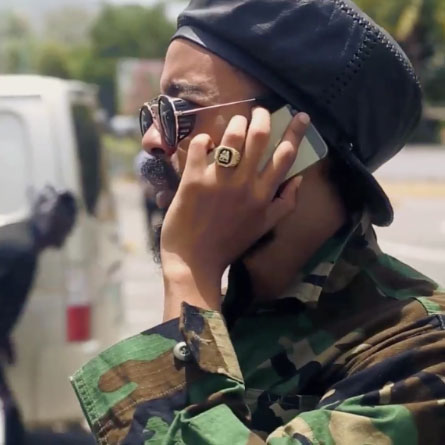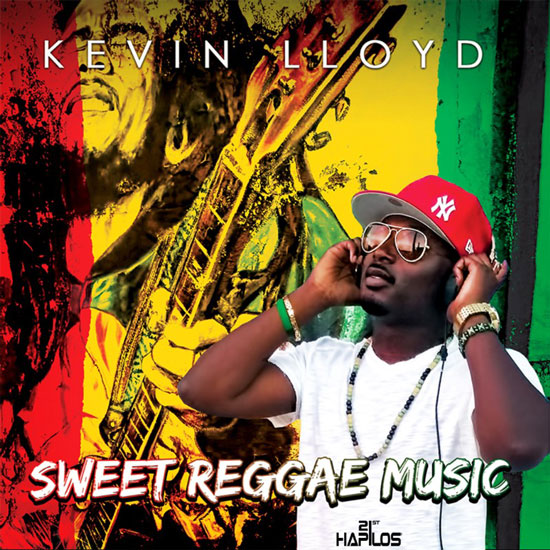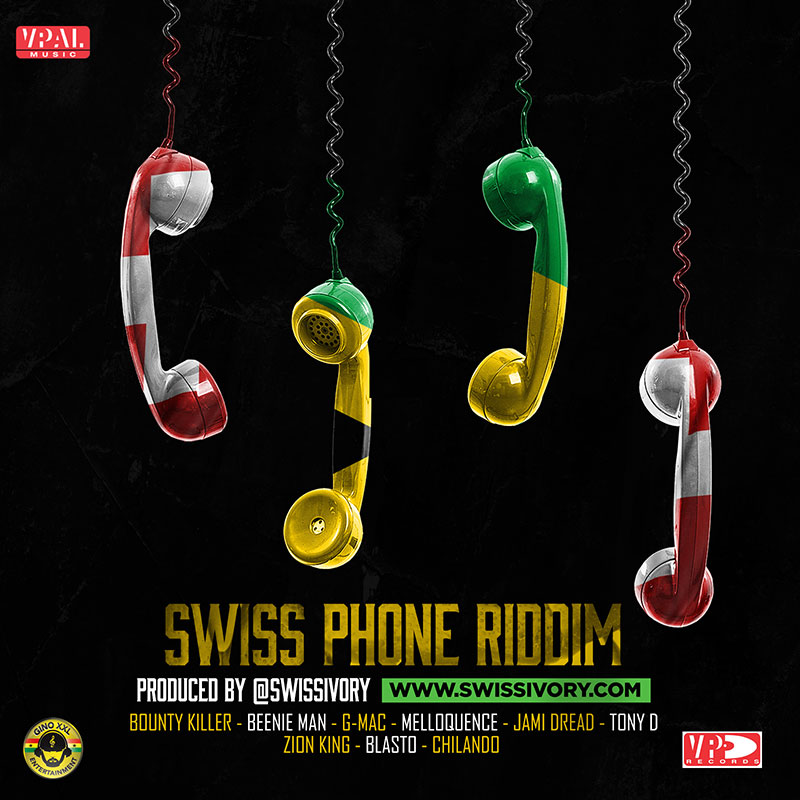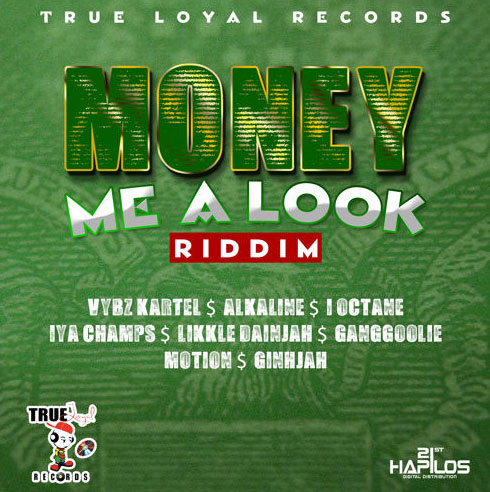The song, built on a heavy reggae feel, is an ode to reggae legend Bob Marley; Wonder had been performing live with Marley (billing him as an opening act) on his US tour in the fall of that year. Lyrics mention "children of Jah" and the end of the civil war in Zimbabwe. Stevie also plays drums on the track. The song was the leading single from Wonder's Hotter than July album. It was a major hit, spending seven weeks at number one on the Billboard R&B singles chart, reaching number five on Billboard's pop singles chart in the fall of 1980 and peaking at number two on the UK Singles chart.
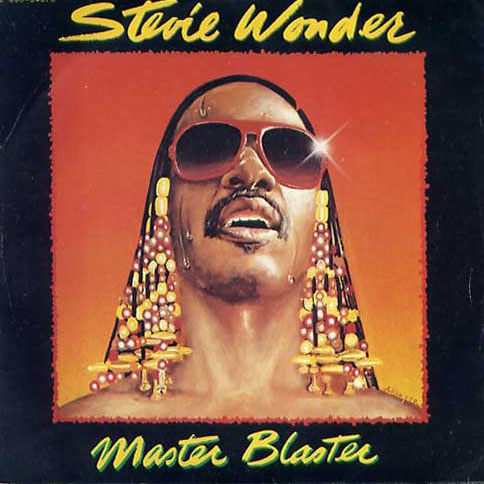
Stevie Wonder - Master Blaster (Jammin') (1980)
LYRICS
Stevie Wonder - Master Blaster (Jammin') (1980)
Everyone's feeling pretty
It's hotter than July
Though the world's full of problems
They couldn't touch us even if they tried
From the park I hear rhythms
Marley's hot on the box
Tonight there will be a party
On the corner at the end of the block
Didn't know you
Would be jammin' until the break of dawn
I bet nobody ever told you that you
would be jammin' until the break of dawn
You would be jammin' and jammin' and jammin', jam on
They want us to join their fighting
But our answer today
Is to let all our worries
Like the breeze through our fingers slip away
Peace has come to Zimbabwe
Third World's right on the one
Now's the time for celebration
'Cause we've only just begun
Didn't know that you
Would be jammin' until the break of dawn
Bet you nobody ever told you that you
Would be jammin' until the break of dawn
You would be jammin' and jammin' and jammin', jam on
Bet you nobody ever told you that you
(We're in the middle of the makin's of the master blaster jammin')
Would be jammin' until the break of dawn
I know nobody told you that you
(We're in the middle of the makin's of the master blaster jammin')
Would be jammin' until the break of dawn
We're jammin', jammin', jammin', jam on
You ask me am I happy
Well as matter of fact
I can say that I'm ecstatic
'Cause we all just made a pact
We've agreed to get together
Joined as children in Jah
When you're moving in the positive
Your destination is the brightest star
You didn't know that you
(We're in the middle of the makin's of the master blaster jammin')
Would be jammin' until the break of dawn
I bet you nobody ever told you that you
(We're in the middle of the makin's of the master blaster jammin')
Would be jammin' until the break of dawn
Oh, Oh, Oh, Oh, Oh, you
(We're in the middle of the makin's of the master blaster jammin')
Would be jammin' until the break of dawn
Don't you stop the music, oh no,
(We're in the middle of the makin's of the master blaster jammin')
Na, na na...
(We're in the middle of the makin's of the master blaster jammin')
Nobody told you Oh, Oh, Oh, you
(We're in the middle of the makin's of the master blaster jammin')
Would be jammin' until the break of dawn
I bet you if someone approached you
(We're in the middle of the makin's of the master blaster jammin')
yesterday to tell you that you would be jammin' you would not believe it because you never thought that you would be jammin'
Oh, Oh, Oh, Oh,
(We're in the middle of the makin's of the master blaster jammin')
jammin' 'til the break of dawn
Oh, Oh, Oh, You may as well believe what you are feeling
(We're in the middle of the makin's of the master blaster jammin')
because you feel your body jammin'
(We're in the middle of the makin's of the master blaster jammin')
Oh, Oh, you would be jammin' until the break of dawn
(We're in the middle of the makin's of the master blaster jammin')
(We're in the middle of the makin's of the master blaster jammin')





